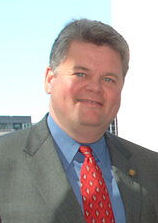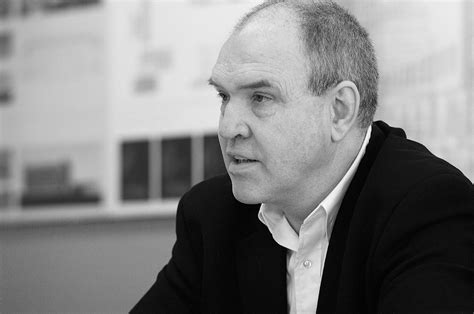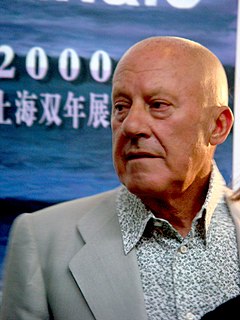A Quote by Henry Rollins
Airports in major cities, like LAX, are trippy environments. It is at once a national and international gathering of those in transition: The euphoric, emerging from planes, their journey at an end, and the determined, about to depart.
Related Quotes
You have to take in the whole picture, and ask, "What is it you want? What kind of world do you want?" So, I have drawings of different cities. Those cities have an end goal; they're not just cities. The end goal of those cities is to make things relevant to people that they respond to. There's no other way.
The opportunities of the twenty-first century make those of us who care about cities feel like kids in a candy store: How will cities survive and lead the way in the transformation required to combat global warming? Resilient Cities gives us a road map for this epic journey upon which we are embarking.
While cities are distinguished by their architecture and physical appearance, Bell and de-Shalit make a compelling case that many major world cities--and their inhabitants--also express their own distinctive ethos or values. The Spirit of Cities takes the reader on a wide-ranging and lively personal journey.
All 'isms' run out in the end, and good riddance to most of them. Patriotism for example. [...] If in the interest of making sure we don't blow ourselves off the map once and for all, we end up relinquishing a measure of national sovereignty to some international body, so much the worse for national sovereignty. There is only one Sovereignty that matters ultimately, and it is of another sort altogether.



































